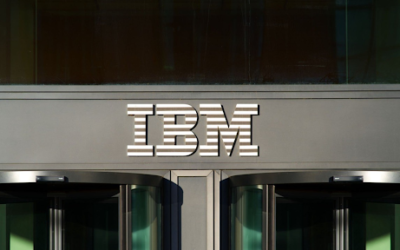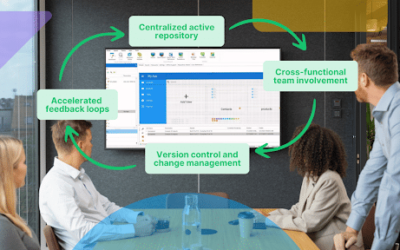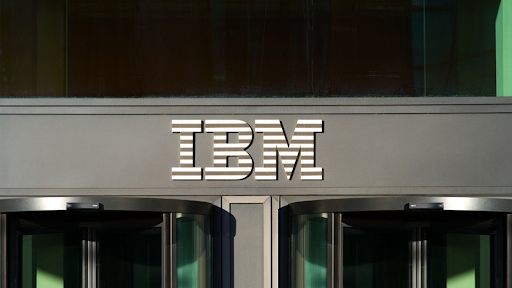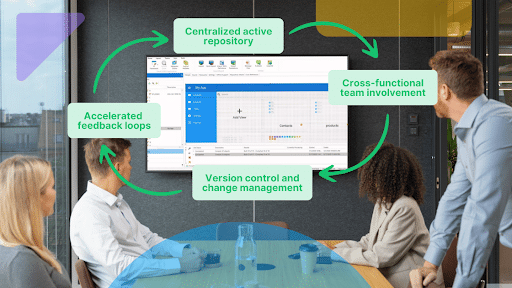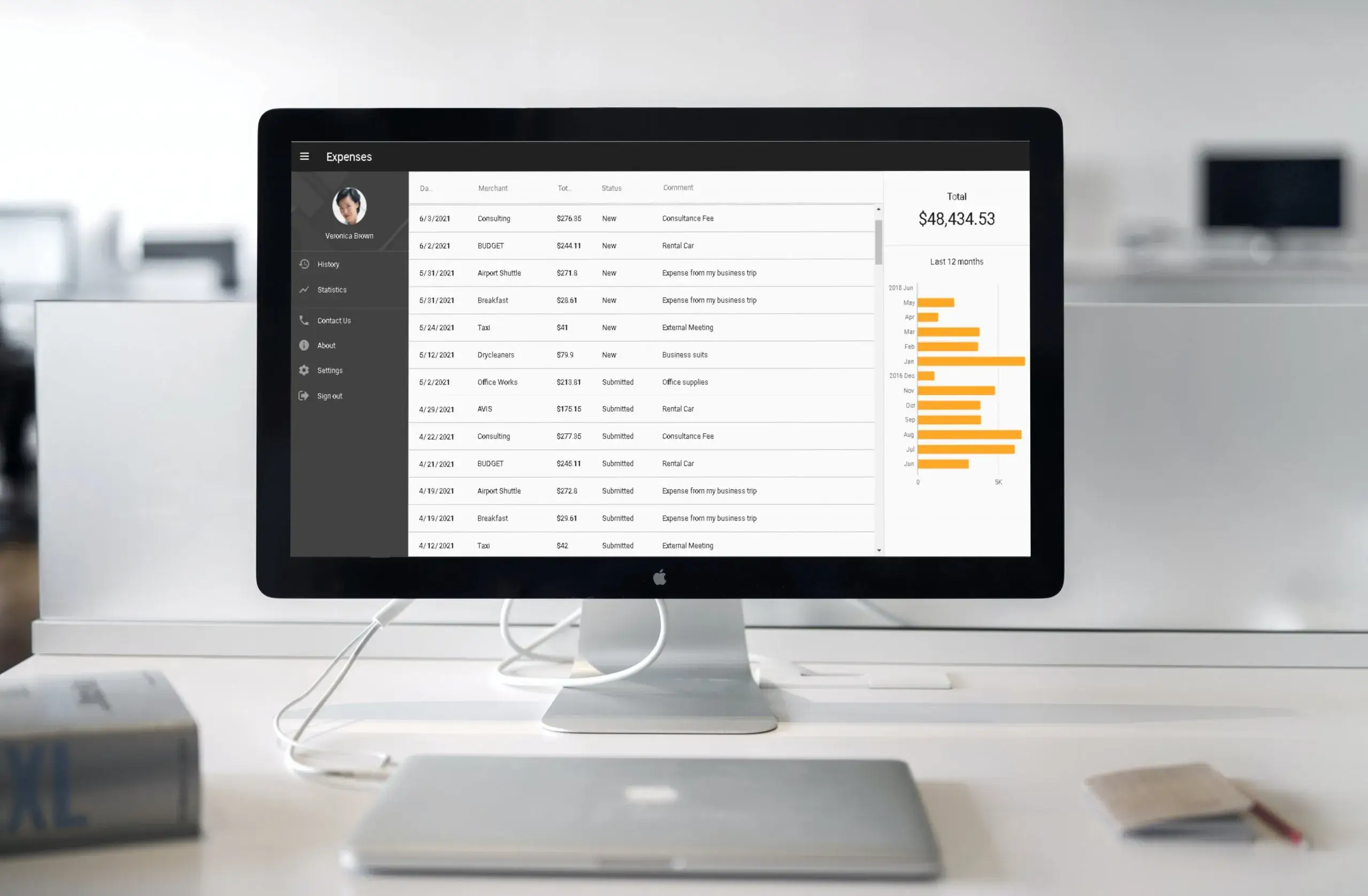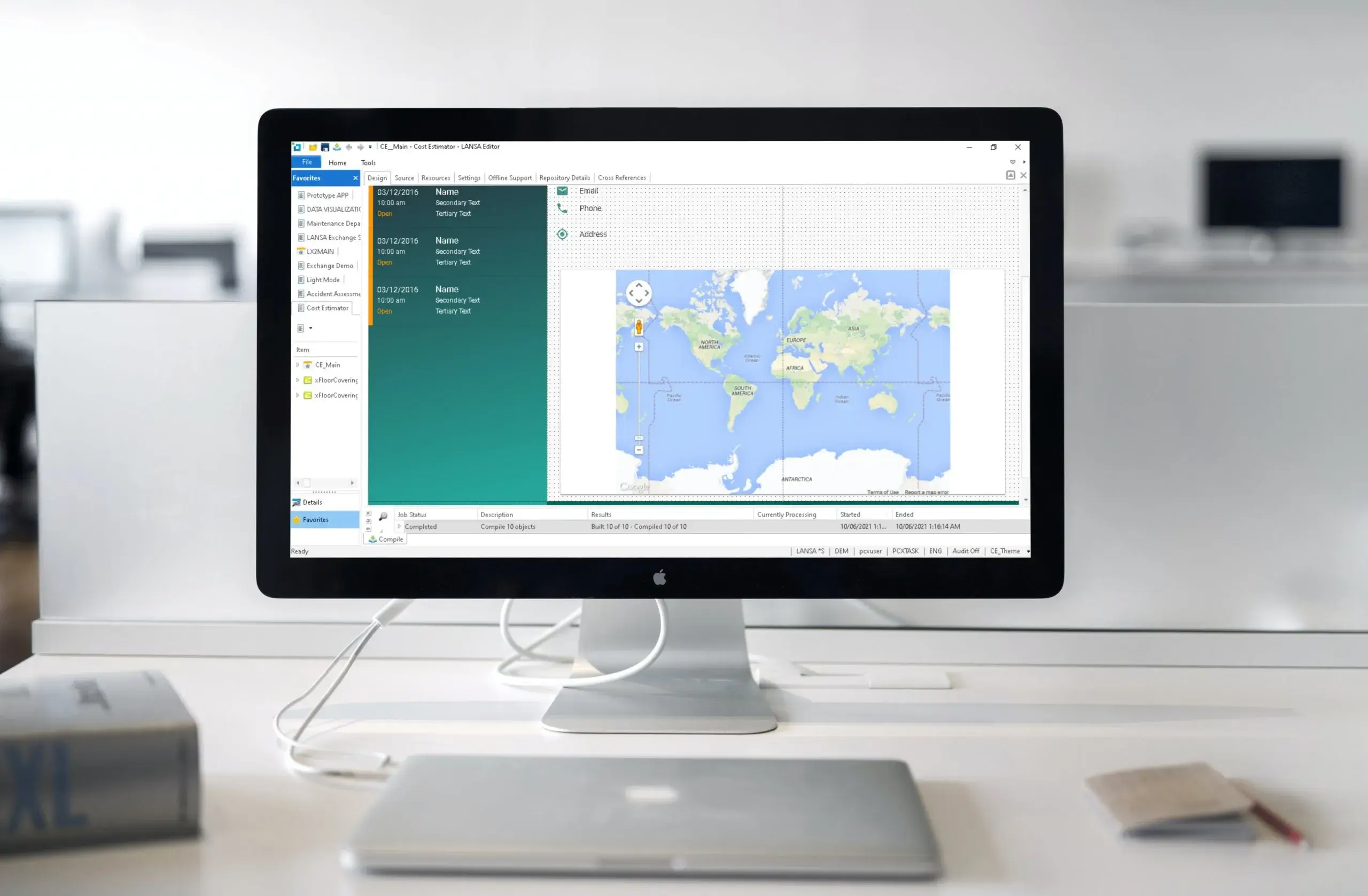Many enterprises have been discussing digital transformation and Industry 4.0 technologies for several years. Today, artificial intelligence, automation, Big Data, and other enterprise technologies are considered almost ordinary rather than advanced and innovative. In reality, however, you can still find thousands of organizations that continue to use outdated IBM i green-screen 5250 apps and other 80s legacy enterprise solutions. This is because those good old IBM i green screens have been maintaining solid and reliable performance for decades. Moreover, in most cases, they continue to serve faithfully as the core technology solution to power business processes.
But, even the most loyal and conservative IBM i customers wouldn’t dare argue against the need for legacy application modernization in 2022. As much as they may enjoy the stable performance of old IBM i apps, they simply aren’t able to meet the requirements of the digital transformation era. Well aware of that, many organizations are now replacing outdated solutions with modern business applications that support modern enterprises.
How low-code platforms enable cost-efficient business app modernization
In many cases, however, the desire for legacy app modernization doesn’t coincide with financial realities. Replacing legacy solutions by developing and implementing new enterprise applications and tools into your organizational IT infrastructure can be costly and time-consuming.
Luckily, it doesn’t need to be difficult and expensive. If, for example, you choose the right tools, technologies, and software development approach, it can be affordable. It can also be cost-saving in the long run. In short, Low-code development is an effective, proven approach with comparatively low costs.
Low-code development is also a way to quickly create software applications. This is because it reduces the need to write code and offers simplified, visually guided forms of programming. Low-code development has been around for some time now, however, it exploded over the last few years. According to a report [1] by Brandessence Market Research, the volume of the global low-code development platforms market was $12.85 bln in 2020. Moreover, it will reach $65.15 billion by 2027 with a CAGR of 26.1% over the forecast period.
Learn more about the different strategies you can use to grow your business in this article on IBM i AS400.
Why Visual LANSA is the go-to choice for legacy app modernization
A low-code platform allows organizations to build new applications using a visual development environment. This involves using tools such as drag-and-drop interface modelers, pre-built components, smart services, and connector templates. This approach also makes it possible for people with few technical and coding skills to develop new apps.
High-code development requires highly-qualified programmers specialized in different programming languages and tools. Low-code solutions, however, make creating and implementing new apps more accessible to companies. This is especially true for small and medium businesses with limited IT budgets.
When it comes to modernizing legacy business applications like IBM i, no low-code platform is better suited to the task than Visual LANSA.
Visual LANSA is a powerful low-code platform that allows organizations to modernize their legacy tools and build new enterprise-grade mobile, web, and desktop applications. LANSA is the frontrunner in the low-code technologies race. With over 30 years on the market as an IBM i support provider, LANSA has all the tools and services a modern low-code platform needs.
LANSA offers a variety of solutions for modernizing IBM i green-screen apps and other legacy systems. Specifically, this includes powerful tools that enable IBM i customers to easily develop new apps, modernize old ones, or create an entire ERP. Best of all, LANS eliminates the need to hire developers with experience in IBM i systems and knowledge of the RPG programming language. In addition, Visual LANSA uses a hybrid low-code approach. This allows developers to integrate with anything and everything without creating time-consuming workarounds. LANSA also supports deployment across platforms, including IBM i, Windows, the Cloud, and Linux.
Let’s look at how LANSA’s low-code platform can help your organization save its financial resources in this article about IBM money.
Why API integration is a great way to minimize app modernization costs
APIs (Application Programming Interfaces) are another core technology that allow organizations to save time and money on application modernization. APIs play a fundamental role powering modernized enterprise apps and the digital transformation processes. They allow different layers of IT systems and services to communicate with each with unprecedented efficiency.
In fact, almost every company is using APIs in one form or another. If they aren’t now, then they will be in the very near future. Take the SmartBear 2020 State of API [6] report, for example. It states that API use in software development and integration has grown throughout industry verticals regardless of business size. API use spreads across most IT systems and work processes. Overall, APIs are a critical part of the tech and business ecosystem that is powering the modern-day economy.
Let’s look at how your company can use APIs as leverage in this article about IBM AI API.
Why APIs and low-code platforms go hand-in-hand in the Industry 4.0 era
In many ways, APIs and low-code development go hand-in-hand. Because of this, the best low-code platforms for enterprise development support easy API implementation and management. Visual LANSA, for example, perfectly demonstrates how a low-code solution can combine tailor-made software development tools with modern-day technologies. With its API integration, LANSA is a powerful but affordable instrument for legacy application modernization.
LANSA allows organizations to turn any programmer into a full-stack developer. More importantly, developers don’t have to master and support a dozen different languages and server technologies. With LANSA, they use the same language and IDE for all parts of an application—client-side, server-side, and everything in between. This increases the speed and cost-efficiency of the development process.
The LANSA platform was designed to make sure that using REST APIs and integrating them into new apps is as easy as possible. For example, here is a code sample that executes the Google Geocode REST API from within Visual LANSA:
Define_Com Class(#XPRIM_HttpRequest) Name(#Req) Define_Com Class(#XPRIM_RandomAccessJsonReader) Name(#Reader) #Req.DoGet Url('https://maps.googleapis.com/maps/api/geocode/json?...') * Check if request is successful If (#Req.Response.IsSuccessHttpStatusCode) * Set the JSON reader source for response from the HTTP request #Reader.SetSourceHttpResponse HttpResponse(#Req.Response) * Navigate to the 'location' object (containing the 'lat' and 'lng' values) * We'll specify a navigation path to navigate to the 'location' element * Names and indexes in a path are separated by forward slashes #Reader.BeginObjectWithPath Path('results/1/geometry/location') * Get the latitude and longitude value #Latitude := #Reader.ReadNumberWithName('lat') #Longitude := #Reader.ReadNumberWithName('lng') * Close "BeginObject" with "EndObject" #Reader.EndObject Endif
There is also very detailed and extensive documentation covering all the aspects of API integration within Visual LANSA. As a result, using APIs is even less of a challenge for organizations and IT departments across all industries.
What are some APIs to empower modernized enterprise applications?
According to Programmable Web [2], the world’s largest public API directory, there are currently over 24,000 public APIs available for developers. In particular, public APIs from Google [3], Facebook [4], and Twitter [5] are some of the most popular out there. When it comes to enterprise applications development and modernization, however, most organizations require easily integrated APIs that deliver ready-made functionality.
Here are four specific examples of powerful APIs that can supercharge your modernized IBM i applications.
How can I add Geolocation to apps?
Firstly, IPstack.com is one of the leading IP to geolocation APIs and global IP database services worldwide. Integrating it into an application or website allows companies to easily locate and identify visitors by their IP addresses. This geolocation API was built with scalability and ease of use in mind. In fact, it takes less than 10 minutes to implement and uptime is guaranteed.
How can I calculate Exchange Rates in apps?
Secondly, Fixer.io is a simple and lightweight JSON API that provides both current and historical foreign exchange rates and currency conversions. High-quality data sources, straightforward code structure, and detailed documentation likely make Fixer the best exchange rate API on the market.
How can I create an Email validator in apps?
Next, mailboxlayer is a simple email validation and verification JSON API for developers. It allows you to verify email addresses as they come into the system. It ensures your emails are only sent to real customers and high-value contacts. Another feature set that makes this email validator API a good choice for business applications is syntax & typo checking, MX-records & SMTP verification, catch-all detection, free & disposable email filtering, and deliverability scores.
Is there a Public weather API to use in apps?
Finally, weatherstack is a lightweight JSON API that delivers real-time accurate weather information for any location in the world. Powered by outstanding cloud infrastructure, this public weather API also delivers data in milliseconds around the clock with an uptime of nearly 100%.
Ready to start modernizing legacy business apps with APIs and LANSA?
LANSA’s low-code platform combines all the right trends in modern-day software development and digital transformation. It helps organizations truly utilize the power of automation and digital transformation technologies. LANSA is the solution for organizations that need to implement application modernization and data integration quickly, reliably, and with limited developer resources.
One of LANSA’s solutions for IBM i users is aXes, a tailor-made tool that automates the creation of web-enabled IBM i applications. It allows organizations to easily transform their existing legacy apps into web pages out-of-the-box, without changing source code.
aXes also includes an API that allows developers to create programs that automatically operate applications written with RPG or COBOL. Additionally, applications can use aXes to simulate the actions of a person entering data on screens in a green-screen 5250 application. This feature makes it possible to integrate existing IBM i apps with .NET, Java, or other legacy applications without changing their source code. aXes caters to a wide range of automation options with versions of the API for .NET for Windows, Java for IBM i and Windows, and RPG for IBM i.
If you are ready to begin, then Get in touch with us to explore Visual LANSA for your app development and modernization needs.
[1] https://www.prnewswire.com/news-releases/at-26-1-cagr-low-code-development-platform-market-size-is-expected-to-reach-65-15-billion-by-2027–says-brandessence-market-research-301243189.html
[2] https://www.programmableweb.com/apis/directory
[3] https://developers.google.com/apis-explorer
[4] https://developers.facebook.com/docs/
[5] https://developer.twitter.com/en/docs/twitter-api
[6] https://static1.smartbear.co/smartbearbrand/media/pdf/smartbear_state_of_api_2020.pdf




